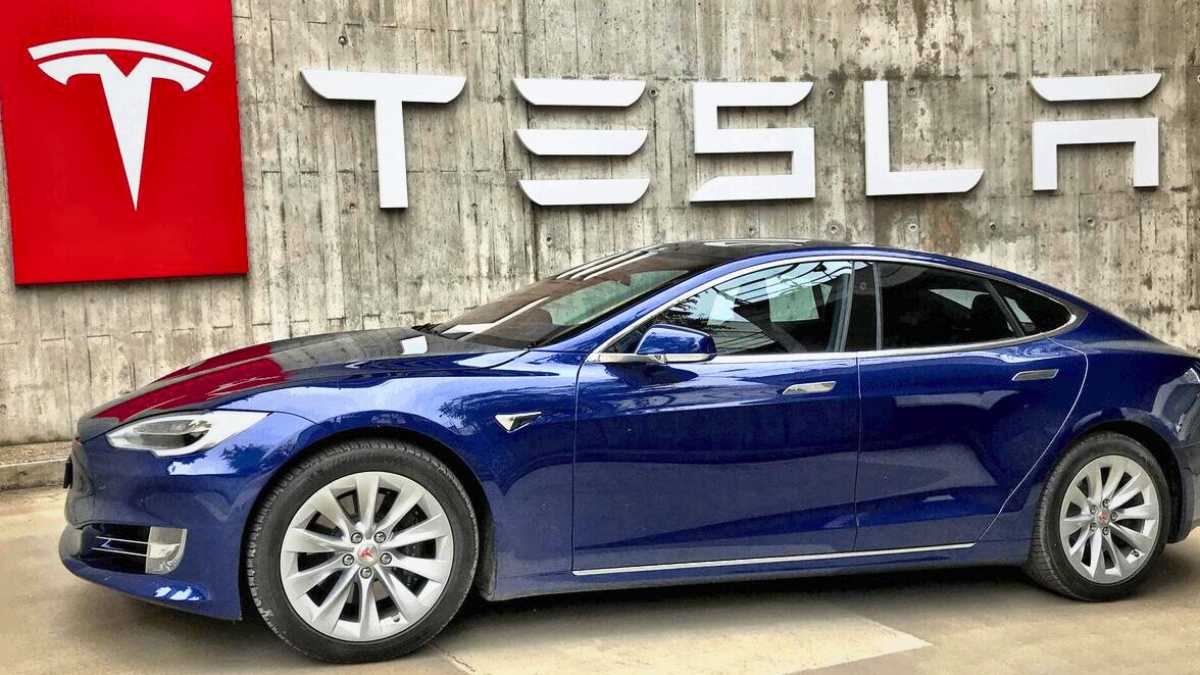Robust roadmap for Tesla’s entry into India
India is gearing up for the entry of Tesla, the electric vehicle (EV) giant, with a focus on creating a robust infrastructure for EV adoption. The Indian government is working on a comprehensive plan to facilitate the entry of Tesla, which includes developing a nationwide coordinated approach to Intelligent Mobility (IM) and its implementation.
The plan aims to support IM in order to encourage economic growth and add value to the current infrastructure pipeline, allowing both public and private sectors to capitalize on the opportunities presented by IM.
The government is also considering increasing the Intelligent Mobility Fund and simplifying the process to bid for funding to encourage more research and development in the EV sector.
In addition to these efforts, the government is also working on creating an environment that encourages vehicle manufacturers to undertake research and development, if not manufacturing, in the country. This move is expected to boost the EV industry in India and promote the adoption of cleaner and more sustainable modes of transportation.
The Indian government’s focus on IM is not surprising, given the potential benefits of EVs. The global EV market is expected to reach $2.1 trillion by 2030, driven by advancements in battery technology and government policies promoting EV adoption. India, with its large population and growing economy, is well-positioned to benefit from this trend.
However, the success of Tesla’s entry into India will depend on several factors, including the availability of charging infrastructure, the cost of EVs, and consumer acceptance of EVs as a viable alternative to traditional fossil fuel-powered vehicles.
The Indian government’s efforts to create a favorable environment for EV adoption are a step in the right direction, but more needs to be done to ensure the long-term success of the EV industry in the country.
These efforts are expected to boost the EV industry in India and promote the adoption of cleaner and more sustainable modes of transportation. However, the success of Tesla’s entry into India will depend on several factors, including the availability of charging infrastructure, the cost of EVs, and consumer acceptance of EVs as a viable alternative to traditional fossil fuel-powered vehicles.

